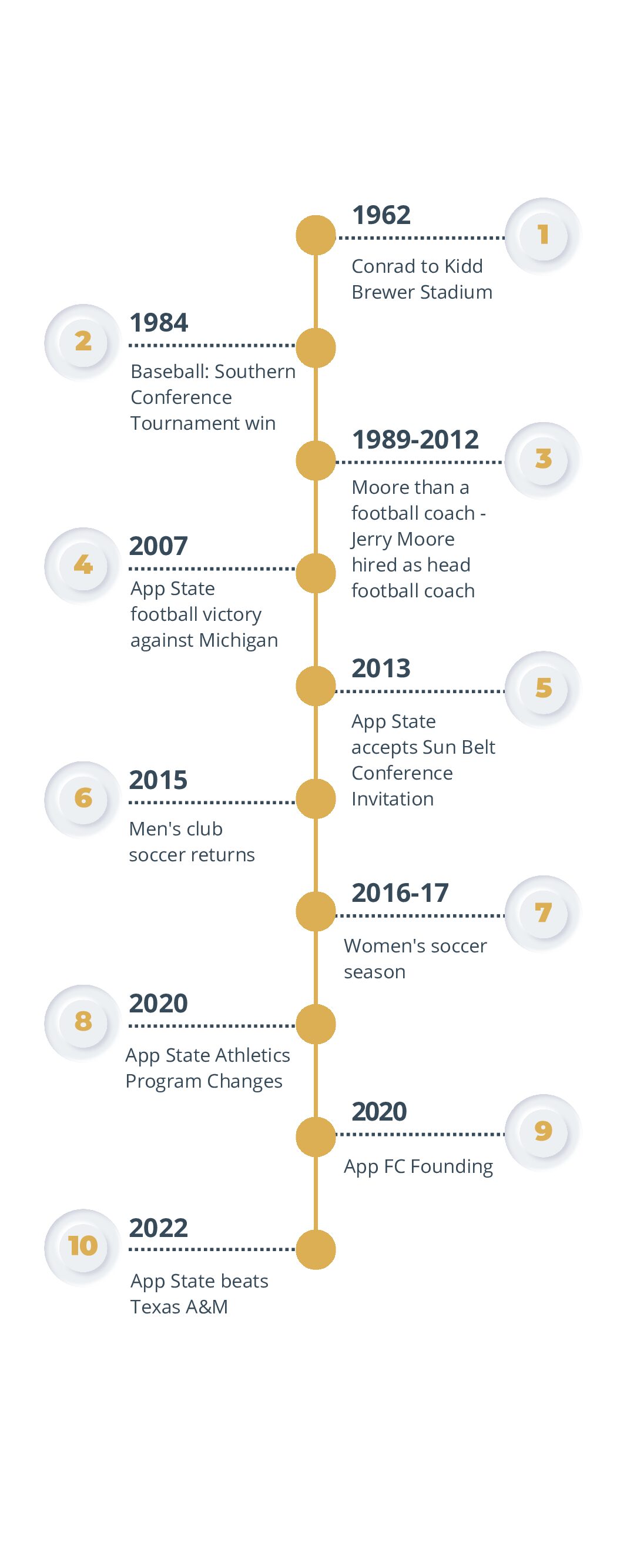Imagine having to decide whether to drop a class after being unable to attend at all in person or only attending in person once. This was the reality for a lot of students this year.
App State’s spring semester started on Jan. 16, and immediately all classes after 3 p.m. that day were moved online. Classes were also moved online on Jan. 17 and Jan. 19. Then, the last day to drop a class with no academic penalty was Jan. 22. This means that many students had to make this decision without ever going to their class in person.
Due to all of these changes, courses during the add/drop period were not indicative of how they would function for the rest of the semester. Because of these changes in the learning environment, the add/drop period should have been extended this semester and should be for future semesters too.
Even if classes were not moved online due to weather, this is still a tight turnaround for students. On the first day of classes, many professors do not get into the course content or reveal their style of teaching, as the first week is normally syllabus week. Reviewing the syllabus is necessary to set students up for success, but it makes it difficult for students to get to know how the class operates. Many students have to make uninformed decisions about whether or not they want to stay in the class.
If a student wants to drop a course after the deadline, they have to use a career drop. This means the course can be dropped after the add/drop date with no academic penalty. However, students only have four career drops for their entire college career, so this is not something that can be often. Extending the add/drop period would take some of this stress off students, and leave career drops only for especially dire circumstances.
Although students sign up for classes months prior, it is not always a guarantee that the classes they sign up for before the start of the semester will work for them now. Many students add or change majors, join clubs or take on other commitments that change their schedules. The workload in the first week of class is not indicative of how it will be for the rest of the semester, so it is difficult for students to discern whether the schedules they have set up for themselves are manageable or not. In addition, students may be on the waitlist for classes that they need to graduate, so giving adequate time for people to add courses is necessary.
Extending the add/drop period would allow students more time to select in or out of class that will most benefit them. Professors want students in their classes who are interested in the course and willing to work hard. If the drop period is too short, it could leave students in classes that they are not willing to put in full effort for, due to unclear expectations or first impressions of the workload.
Nobody is suggesting extra weeks for the add/drop period, but it would not be unreasonable to give students a little longer than seven days to decide about courses they will be in for the rest of the semester.














MuChao • Feb 8, 2024 at 6:50 am
I understand the perspective and concerns here, but think about this from the perspective of professors, too. When students drop a course after a week (or more, with what you’re suggesting) there is wasted labor in grading work for a student that does not even stay in the class.
More burdensome than this, however, is dealing with students that wait until the end of the drop/add period to join a course. Now the profs have to spend extra time catching that student up, going over the syllabus one-on-one, setting up extensions for missed assignments, fielding more emails, etc.
The added convenience for students in this suggestion comes at increased work and stress on the profs. While I might be in favor of an extension to the late drop period, I’d be completely opposed to any extension to the late add period.
A better solution might be to increase the maximum “career drops” and maintain the current 1-week drop/add period.
SRA • Feb 8, 2024 at 6:09 am
As a teacher, the ADD period is already too long. Students who miss the entire first week of a college class rarely catch up, no matter how many “introduction videos” are made or announcements are sent. Making the DROP period without penalty go into the second week would be fine, but there is no way a student who adds a real class after two weeks has the time to catch up.